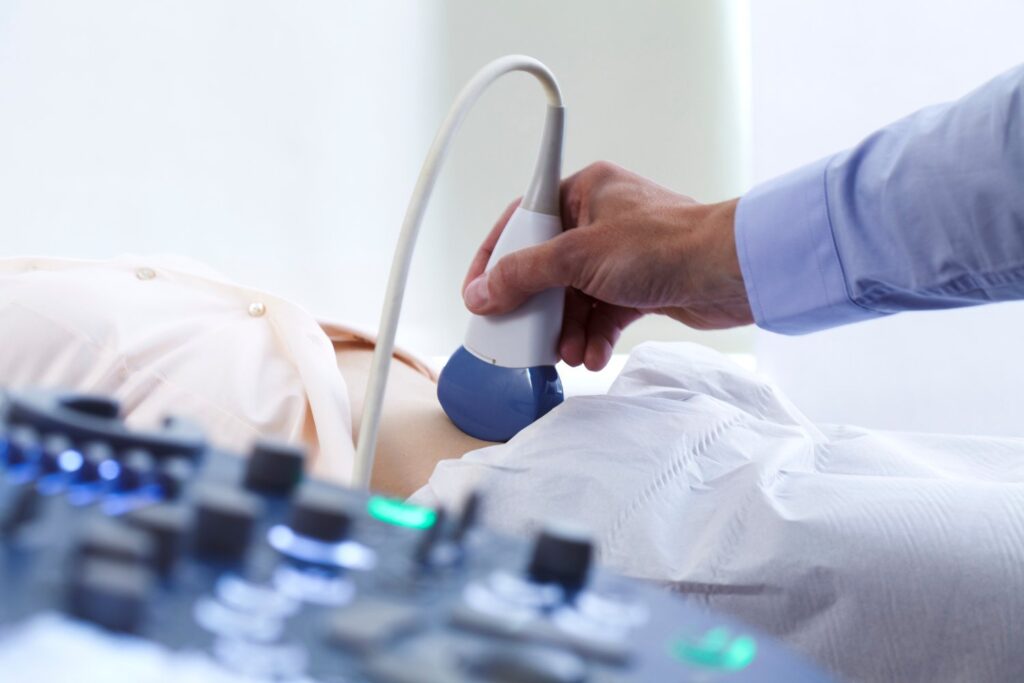Two long-term medications may be able to help women at high risk for miscarriage and other pregnancy complications. Japanese scientists have found evidence in a small study that low-dose aspirin, used alone or in combination with heparin, a common blood thinner, can prevent certain types of recurrent miscarriage.
Miscarriage (loss within the first 20 weeks of pregnancy) is a relatively common condition, affecting 10% to 20% of known pregnancies. But the proportion of women who experience recurrent miscarriage (defined as two or more consecutive miscarriages) is much smaller (less than 5%). A team of researchers at Kobe University and elsewhere in Japan now believe they have found a way to prevent at least some of these particularly tragic cases.
In earlier studies, the team found that many women with recurrent miscarriages (about 20 percent) carry autoantibodies against a protein found on the surface of many cells, including cells in the uterus that are important in supporting fetal pregnancy, known as beta- 2-Glycoprotein I (β2GPI). Other research suggests that anti-beta-2-GPI antibodies may contribute to antiphospholipid syndrome (APS), an autoimmune disorder known to increase the risk of miscarriage. But researchers also found that some women with recurrent miscarriages may carry similar antibodies against β-2-GPI even if they do not have APS.
Low-dose aspirin, often given with heparin, has been thought to help reduce the risk of miscarriage in women with APS. So the researchers tested whether the same preventive treatment could also help women without APS who had these anti-beta-2-GPI antibodies.
Their research was published Wednesday in the journal Frontiers of Immunologyinvolved 47 pregnant women with recurrent miscarriages who tested positive for previously discovered antibodies. Thirty-nine of them took low-dose aspirin and/or heparin, and eight did not. Overall, more than 80 percent of women in the treated group achieved a live birth, compared with 50 percent in the untreated group; these women also had a much lower risk of other pregnancy complications.
“The sample size is quite small, but the results still clearly show that treatment with low-dose aspirin or heparin is very effective in preventing miscarriage or complications in women who carry these newly discovered self-targeting antibodies.” Kobe University Department of Obstetrics Doctor and researcher Kenji Tanimura said in a statement from the university.
Some women with these antibodies also test positive for APS, which can complicate the results. But the researchers found that women without APS had a higher rate of successful pregnancy (more than 92 percent) when treated with these drugs. Kenji noted that anti-beta-2-GPI antibodies may also contribute to female infertility and other health problems, such as arterial thrombosis, so their findings may also have broader implications.
Regardless, more research and larger trials are needed to confirm this work. But given how devastating the repeated loss of a potential child can be to a mother and family, finding a simple, affordable preventive treatment for these cases would be incredible.

